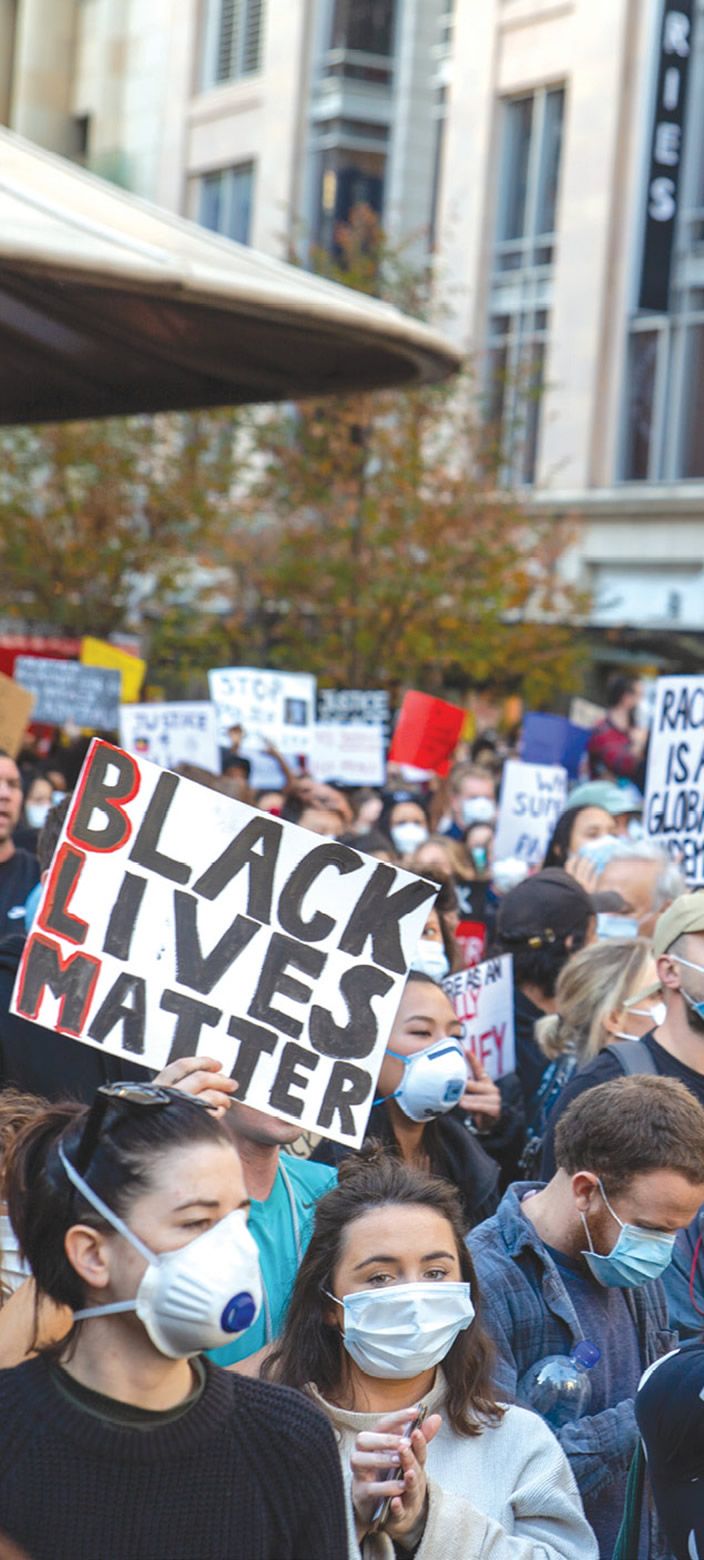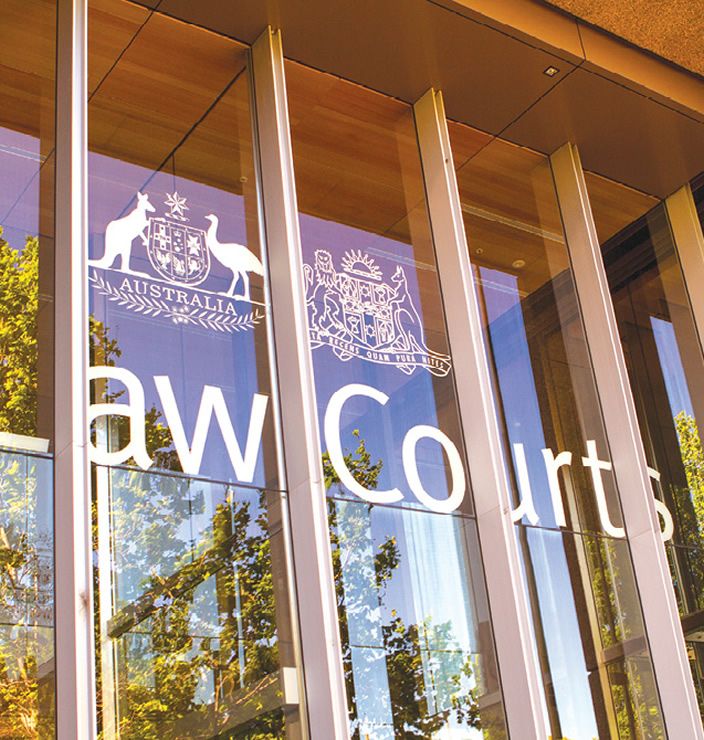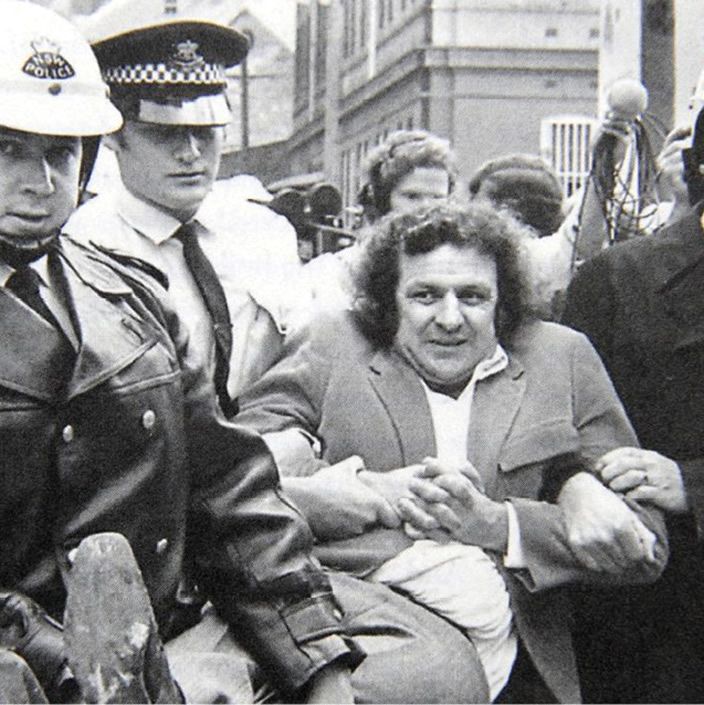
Black Lives Matter
Tens of thousands of people protested across Australia over the June long weekend to oppose the deaths of Indigenous people in police custody.
They followed Black Lives Matter protests held around the world in recent weeks after the death of George Floyd at the hands of a white police officer in the US state of Minneapolis.
Rallies were held in most major cities, along with some regional centres. Major protests were held in Melbourne and Sydney - after the New South Wales Court of Appeal ruled in favour of a last ditch attempt to lawfully authorise a Sydney protest.
The last minute decision meant those marching in Sydney were immune from prosecution for breaching public health orders.
Tens of thousands people turned up to the rally, with organisers and volunteers seen handing out masks and pumping hand sanitiser into the hands of attendees.
In America, the marches are sweeping every state. Hundreds of thousands of people have braved the pandemic to protest George Floyd’s murder by Minneapolis police.
Like the teacher strike waves of 2018 and 2019, today’s protests against police violence have the support of a majority of Americans. A Monmouth poll showed 78 percent think protesters’ anger about the killing of George Floyd is wholly or partially justified.
What reform would actually make change? Body cams and de-escalation training have not worked. Protesters have been demanding consequences for violent racist officers — not just firing but criminal charges.
In an unprecedented step, the charge against officer Derek Chauvin was upgraded to second-degree murder and the other three involved officers were also charged.
But in Minneapolis and around the country, there’s another rising demand that could have even more profound effects: Defund the police. Scale back their outsized budgets and redirect the money to much-needed services.









































































































































